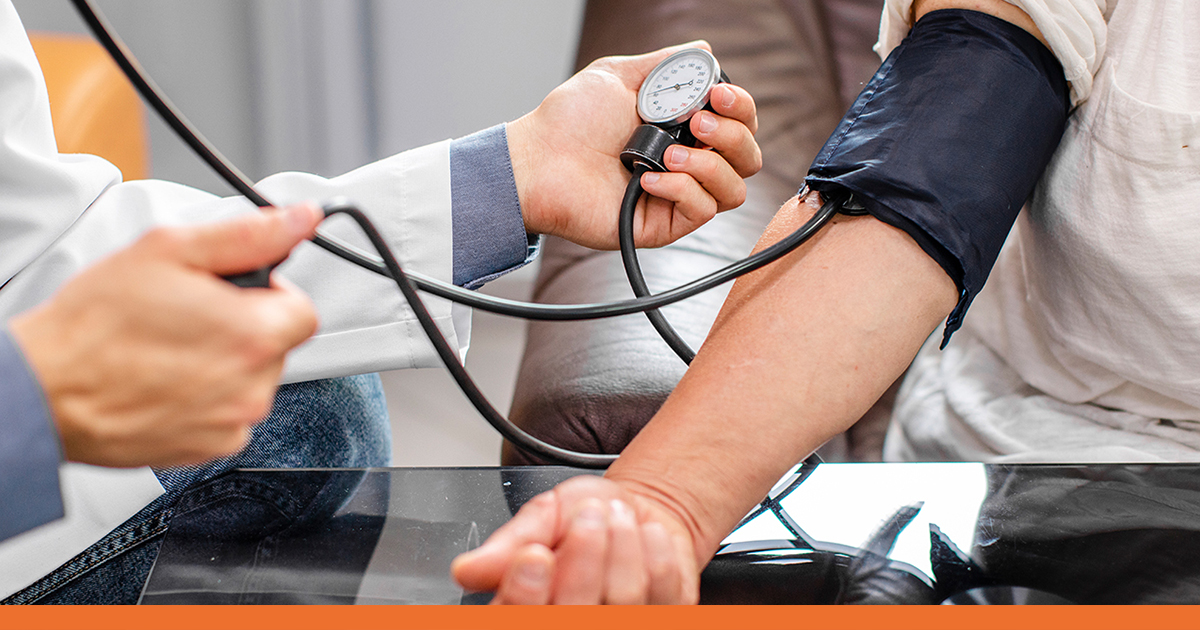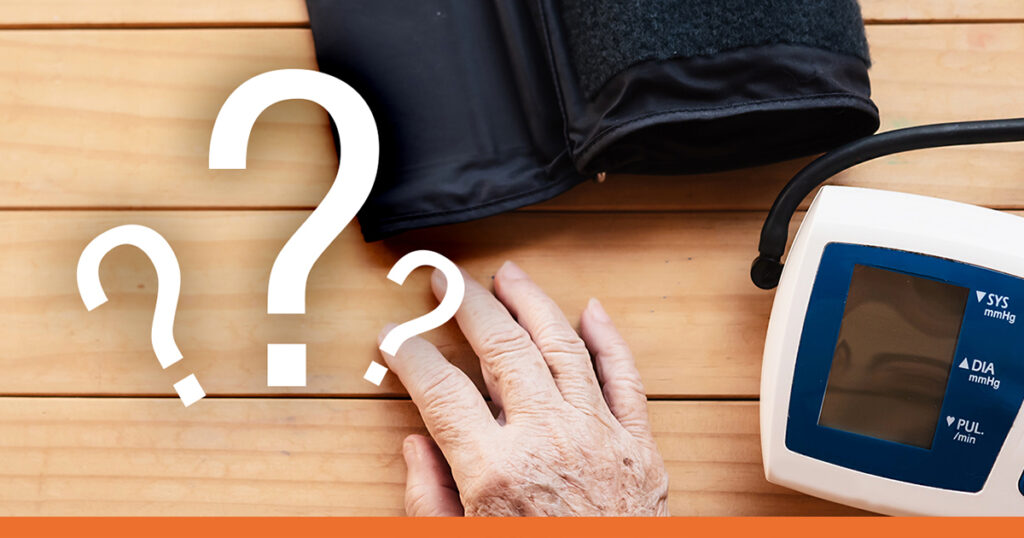
We’ve all got our blood pressures checked at some point. A doctor or a nurse wraps our arms around with a cuff, and as it tightens, the numbers on the sphygmomanometer, the instrument used to read blood pressure, fluctuate. At the end of the reading, the devices will show you numbers you barely know about – only that it dictates your blood pressure. Is it high? Low? Or is it normal?
According to the Centers for Disease Control and Prevention (CDC), 47% of adults in the U.S. have high blood pressure, commonly referred to as hypertension. Unfortunately, only 1 out of 4 adults in that population have their hypertension under control. To understand your current blood pressure condition, a person must know how to read blood pressure readings first.
DOCS Urgent Care & Primary Care Fairfield, the leading urgent care in Fairfield, CT, will show you how.

Before we start, you must first have a good grasp of what blood pressure is in the first place. Blood pressure is the force your heart uses to pump and circulate oxygenated blood in your organs and around your body. Your heart is a biological pump, and its pumping action creates the force necessary to push blood into the network of tube-shaped vessels, such as the arteries, veins, and capillaries.
You would typically see blood pressure expressed using two numbers: systolic pressure and diastolic pressure. Each unique number has different meanings, but both are equally important in monitoring your heart health.
The systolic blood pressure measures the pressure in your arteries whenever your heart beats. In the systolic phase, the heart contracts, and the blood pressure rises as it goes out along your blood vessels. Average systolic blood pressure is around 120mm/hg or below.
The diastolic blood pressure measures the pressure when your heart is resting between beats. In the diastolic phase, the heart relaxes, and the blood pressure falls as blood fills the heart. Normal diastolic pressure is 80mm/hg.
If you encounter 120 systolic and 80 diastolic, you’d typically hear a health worker say “120 over 80”. On paper, this reading would be “120/80 mmHg.”



You have Stage 1 Hypertension if your blood pressure is consistently kicking from 130 to 139 systolic or 80 to 89 diastolic. At this stage, urgent care in Fairfield, CT, may prescribe your lifestyle changes or blood pressure medications, depending on your risk of cardiovascular diseases (CVD) such as heart attack or stroke.
If your blood pressure constantly ranges around 140/90 mmHg or higher, your healthcare provider may prescribe you both a lifestyle change and medications. If left untreated, Stage 2 Hypertension can increase your risk of CVD, such as heart attack and stroke, to name a few.
A person with this level of blood pressure category requires immediate medical attention. If you have a blood pressure of 180/120 mmHg or higher and are experiencing other conditions such as weakness, back pain, chest pain, blurry visions, or shortness of breath, don’t wait for your blood pressure to come down and call 911 immediately.
DOCS Urgent Care & Primary Care Fairfield experts can help you maintain or control your blood pressure. We are physician-led urgent care in Fairfield, CT, that can provide walk-in treatment for people experiencing high blood pressure. We also offer other services such as blood pressure readings, professional advice for hypertension medication, and more. Contact us today to learn more!

During this surge in COVID-19 cases, our primary focus is meeting the high demand for tests, and we are seeing higher than usual wait times. This means we are unable to answer most phone calls. Please know that our teams are working very hard during this time to care for as many patients as safely as possible. Please click the button below for answers to common questions. We appreciate your understanding.